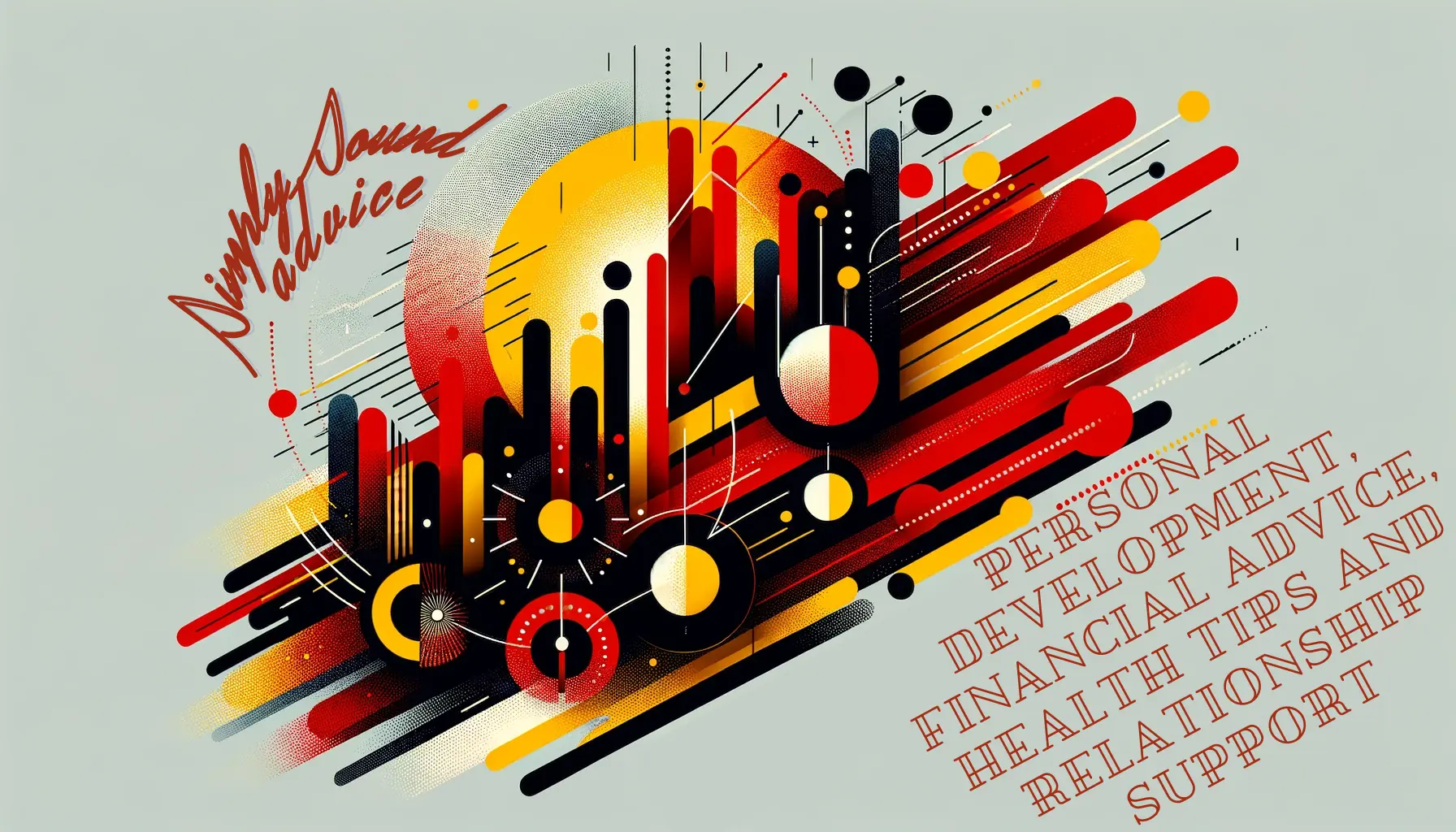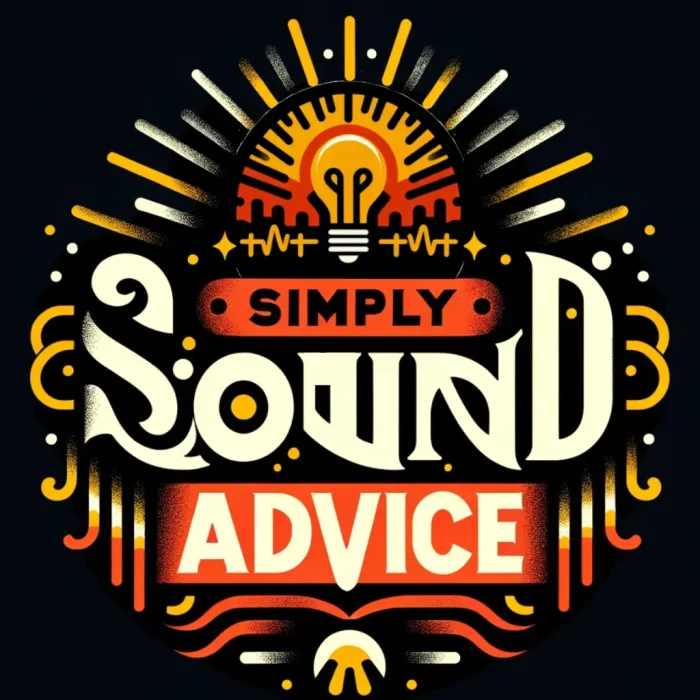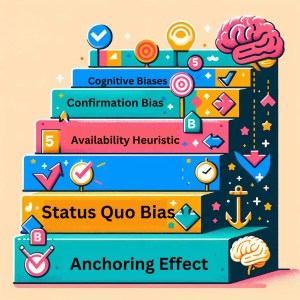- Introduction: Embrace the Challenge and Dealing with Rejection
- Conclusion: Rejection as a Catalyst for Growth
- FAQs: Dealing with Rejection
- 1. Why does rejection hurt so much?
- 2. How can I stop feeling so bad after being rejected?
- 3. What are some effective ways to build resilience against rejection?
- 4. Can rejection affect my mental health?
- 5. How do I handle rejection in a romantic context?
- 6. How can seeking feedback after a rejection be helpful?
- 7. What should I do if I fear future rejections?
- 8. Are there any particular strategies to deal with rejection from a job?
- 9. How can understanding the reasons for rejection reduce its impact?
- 10. How long does it take to get over a rejection?
- Additional Resources on Dealing with Rejection
- FAQs: Dealing with Rejection
Introduction: Embrace the Challenge and Dealing with Rejection
Have you ever felt the cold, sinking sensation of rejection? Whether it’s a job application gone unanswered, a love interest that doesn’t reciprocate, or even a friend who seems to be drifting away, “dealing with rejection” is an inevitable part of our human experience. It stings, it disappoints, and sometimes, it downright breaks our hearts. But what if we could transform this painful experience into a steppingstone for personal growth and resilience?
This article delves deep into the psychological impacts of rejection and unveils strategies to not only cope with these experiences but to emerge stronger and more equipped for life’s unpredictable challenges.

Understanding the Sting of Rejection
The Psychological Impacts of Rejection
Rejection does more than just hurt our feelings; it activates the same pathways in our brain as physical pain. This isn’t just a metaphor—studies using fMRI scans have shown that the feeling of rejection triggers a significant activation in regions of the brain associated with physical pain, such as the anterior cingulate cortex.
Psychologically, “dealing with rejection” can lead to a whirlwind of negative emotions: sadness, anger, confusion, and even a plummet in self-esteem.
Why does rejection hurt so profoundly? Evolutionarily speaking, our survival once hinged on our integration into a group. Being ostracized from our tribe was a veritable death sentence, and thus, our brains developed an acute sensitivity to rejection.
Today, while not life-threatening, these experiences can still trigger an existential alarm, making us question our worth and place in society.

Have you ever been rejected from your “dream job”? How did you feel and what helped you get through it? Feel free to let us know in the comments below!
I remember the time I was rejected for a job that I had thought was my dream role. I felt crushed, questioning my abilities and worth. However, as time passed, I realized this rejection was a redirection. It pushed me to pursue opportunities I had never considered, leading to a position that was better aligned with both my skills and values. Looking back, I see how that painful rejection was pivotal in shaping my career path.
The Emotional Echo
The aftermath of rejection can extend beyond immediate emotional pain. It can lead to what psychologists call ‘rumination’—a persistent, compulsive fixation on the event. This can distort our self-image and can negatively impact our future interactions. The fear of future rejection may lead us to avoid social situations, potentially leading to social anxiety or depression.

When was the last time you felt rejected? How did you feel and what helped you get through it? Feel free to let us know in the comments below!
The journey of rejections, from professional setbacks to personal letdowns, gradually built my resilience. With each rejection, I learned not just to cope, but to thrive, developing a clearer understanding of my goals and values. Now, as I build a family, I recognize the role these rejections played in preparing me for this chapter of my life. They weren’t just obstacles; they were lessons that taught me persistence, empathy, and clarity.
Strategies to Cope with and Learn from Rejection
Reframing Your Perspective about Rejection
One of the most effective tools for “dealing with rejection” is to reframe the experience. Instead of viewing it as a personal failure, see it as an opportunity for self-discovery and growth. Ask yourself, what can be learned from this situation? Perhaps it revealed strengths you didn’t know you had, or maybe it highlighted areas that need improvement, which is invaluable information.

We have all felt the sting of dating rejections, can you think of a time when you were rejected and how it made you feel? Feel free to put your experiences in the comments!
Dating involved a series of rejections that, at the time, felt disheartening. Each ‘no’ made me doubt if I’d ever find a meaningful connection. Yet, these experiences taught me about my own expectations and desires in a relationship. Eventually, I met my future wife, and it became clear why previous relationships hadn’t worked out. Each rejection had been steering me toward this deeper, more fulfilling partnership.
Cultivating Resilience
Building resilience is key to “dealing with rejection.” Resilience doesn’t remove the pain of rejection but it can provide a better foundation for recovery. Techniques include maintaining a supportive social network, keeping a regular wellness routine, and practicing mindfulness and meditation. These methods help regulate emotional responses and offer a healthier perspective on life’s setbacks.

Seeking Feedback and Taking Action
Whenever possible, seek constructive feedback after a rejection. Understanding the reasons behind a rejection can demystify it, making it less personal and more about situational factors. Use this feedback to devise actionable steps towards improvement, whether it’s enhancing certain skills, expanding your knowledge, or adjusting your strategies.
Long-Term Learning from Rejection
Emotional Intelligence Growth
Dealing with rejection repeatedly can also enhance your emotional intelligence. It teaches empathy by reminding you how it feels to be in a vulnerable position, which can make you more understanding and less likely to reject others harshly.

Check out our article on Emotional Intelligence and also check out our free quiz: Emotional Intelligence Quiz.
Enhancing Personal Development
Each rejection provides a unique opportunity for personal development. It forces us to confront our weaknesses, test our emotional resilience, and sometimes, refine our life’s path. By facing and overcoming these painful experiences, we forge a more authentic and courageous version of ourselves.
Conclusion: Rejection as a Catalyst for Growth
While “dealing with rejection” is undoubtedly challenging, it is also rich with potential for growth and transformation. By understanding its psychological impacts and employing effective coping strategies, we can lessen its sting and extract valuable lessons from each experience. Remember, every rejection is not just a closed door but a redirection to a path perhaps meant just for you. Embrace it, learn from it, and let it propel you toward a brighter, more resilient future.

FAQs: Dealing with Rejection
1. Why does rejection hurt so much?
Rejection triggers the same areas in the brain that respond to physical pain. Historically, being rejected by our social group could threaten our survival, so our brains treat it seriously to encourage maintaining social bonds.
2. How can I stop feeling so bad after being rejected?
Firstly, acknowledge your feelings as valid and give yourself time to grieve if needed. Practice self-care, seek support from friends or family, and try to reframe the rejection as a learning opportunity or a guidepost directing you to a better path.
3. What are some effective ways to build resilience against rejection?
Building resilience can involve maintaining a healthy lifestyle, staying connected with supportive people, engaging in regular physical activity, and practicing mindfulness or meditation to manage stress and emotional responses.
4. Can rejection affect my mental health?
Yes, chronic or intense experiences of rejection can lead to increased anxiety, depression, and lower self-esteem. It’s important to address these feelings constructively and seek professional help if they become overwhelming.
5. How do I handle rejection in a romantic context?
Maintain a healthy perspective that not every relationship will be a perfect match. Use the experience to better understand what you are looking for in a partner and recognize that rejection often says more about the other person’s desires or situation than your worth.
6. How can seeking feedback after a rejection be helpful?
Feedback can provide insights into why the rejection occurred and help depersonalize it. Use this information constructively to improve yourself or your approach, whether in professional scenarios or personal interactions.
7. What should I do if I fear future rejections?
Work on building your self-confidence and resilience. Exposure therapy, gradually and repeatedly exposing yourself to small rejections, can reduce the fear over time. Remember, every person experiences rejection, and it is not a reflection of your worth.
8. Are there any particular strategies to deal with rejection from a job?
After a job rejection, review your application and interview performance. If possible, ask the employer for feedback. Use this information to refine your resume, cover letter, and interview techniques for future opportunities.
9. How can understanding the reasons for rejection reduce its impact?
Knowing why you were rejected can help shift your perspective from an internal (personal flaw) to an external (situational or preference-based) attribution. This helps in reducing the personal sting of rejection and can clarify that not all rejections are within your control.
10. How long does it take to get over a rejection?
The time it takes to move past a rejection varies greatly depending on the situation and personal emotional resilience. It’s important to process your emotions and not rush your recovery. Seeking support from friends, family, or professionals can also aid in this process.
These strategies and insights can empower you to navigate the challenging waters of rejection with grace and resilience, turning painful experiences into growth opportunities.

Additional Resources on Dealing with Rejection
For those looking to dive deeper into understanding and managing the effects of rejection, the following resources provide valuable information, practical tips, and professional guidance:
- American Psychological Association (APA) – Coping with Rejection
- Explore a wide range of expert articles discussing various aspects of rejection, from romantic rejections to professional setbacks. Visit the APA resource page.
- Psychology Today – Rejection
- This section on Psychology Today features numerous articles by psychologists and therapists discussing the nuances of rejection and strategies to cope. Read more on Psychology Today.
- TED Talks – Dealing with Rejection
- A curated collection of TED Talks that explore rejection from multiple perspectives, offering insights and inspirational stories on overcoming and learning from rejection. Watch TED Talks on rejection.
- Mind – Understanding Rejection
- Mind, the mental health charity, provides resources on how to cope with the feelings of rejection and when to seek help if it’s affecting your mental health. Learn more from Mind.
- Verywell Mind – How to Deal with Rejection
- A guide offering practical steps to handle rejection effectively, backed by psychological research. This resource helps readers understand their emotions and find constructive ways forward. Check out Verywell Mind.
- National Health Service (NHS) – Dealing with Rejection
- The NHS provides strategies for managing distress related to rejection, including self-care tips and signs when it might be time to seek professional support. View NHS advice on rejection.
These resources can enhance your understanding of the dynamics of rejection and provide further support and strategies to manage its impact effectively. Whether you’re seeking personal stories, scientific insights, or practical advice, these links are a great starting point.















